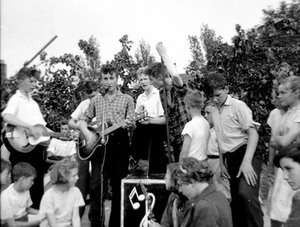
A cold and a backstage quarrel at Liverpool’s Casbah Coffee Club set the stage for the Beatles’ legendary lineup and the future of modern music.
October 10, 1959, might seem like just another night in Liverpool—but for a small skiffle band called The Quarry Men, it would mark a turning point that eventually reshaped popular music. That night, the band played at the Casbah Coffee Club, a dimly lit, buzzy venue in the city’s north end that had quickly become a hotspot for local teens hungry for live music.
But not everyone who arrived on stage that evening was ready to perform. Ken Brown, a founding member of the band, was battling a heavy cold. Despite his illness, he had come along for the show. When it was time to play, however, he was unable to perform. The music went on without him, and the crowd cheered for John Lennon, Paul McCartney, George Harrison, and the rest of The Quarry Men.
Later, when it came time to split the night’s earnings, a disagreement flared. Paul McCartney argued that Brown should not receive a share of the payment, since he had not performed. Lennon and Harrison backed McCartney, believing the fee should reflect the music actually played. What followed was a heated discussion, and by the end of the night, Brown had quit the band.
On the surface, it was a petty quarrel over a few pounds—but this small clash set the stage for something much larger. With Brown gone, The Quarry Men’s lineup solidified around Lennon, McCartney, and Harrison, giving the trio a tighter musical chemistry and shared vision. It was in this period that McCartney and Lennon began to write original songs together, experimenting with harmonies, chord progressions, and lyrics that reflected their Liverpool roots and youthful perspectives.
The lessons of that night—the importance of commitment, the need for collaboration, and the tensions that come with creative work—helped forge a partnership that would change the course of music history. Within a few years, The Quarry Men would evolve into the Beatles, a band whose songwriting, performances, and recordings would revolutionize popular music worldwide.
Reflecting on that period, music historians often point to small moments like October 10, 1959, as critical inflection points. “It’s fascinating how a simple disagreement over money at a coffee club could help solidify the lineup that would become the Beatles,” said Mark Lewisohn, author of The Complete Beatles Chronicle. “Without that moment, the chemistry that defined early Lennon-McCartney-Harrison songwriting might never have gelled.”
The Casbah Coffee Club itself has become legendary among Beatles fans, preserved as a historic site and a testament to the gritty, hands-on beginnings of a band that would ultimately define a generation. For Lennon, McCartney, and Harrison, that October night was more than a dispute—it was a turning point, a moment when the foundation of a musical empire was quietly laid in the back room of a small Liverpool club.
A cold, a coffee club, and a split over a few pounds of performance money may have seemed trivial at the time. Yet, in retrospect, it was one of those tiny, almost invisible events that helped spark a cultural revolution. The Beatles’ rise from these humble beginnings reminds us that history is often shaped not by grand gestures, but by the small, human dramas that happen backstage.
Sources:
- The Complete Beatles Chronicle. Hamlyn, 2000.
- The Beatles: The Biography. Little, Brown, 2005.
- Paul McCartney: Many Years from Now. Henry Holt, 1997.
- The Beatles Encyclopedia: Revised and Updated. Virgin Books, 2000.
Image: Fair use, https://en.wikipedia.org/w/index.php?curid=18192798
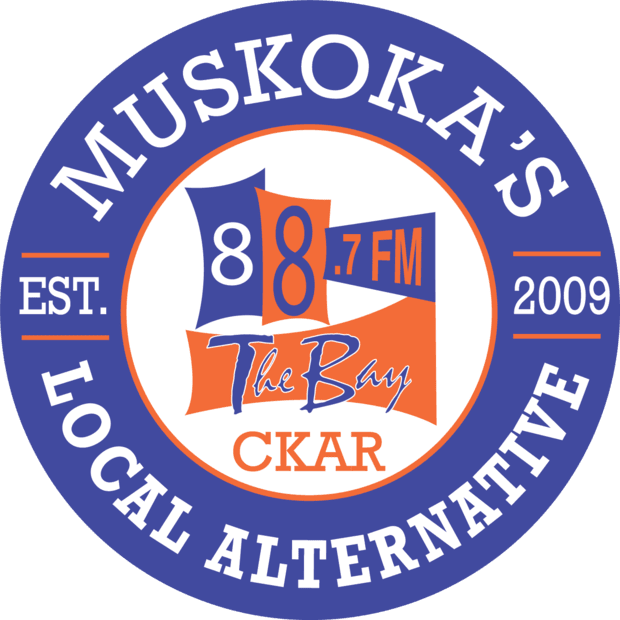


 New Music Monday: Defying the Cold Snap with the Latest Cuts from Friday's Countdown
New Music Monday: Defying the Cold Snap with the Latest Cuts from Friday's Countdown
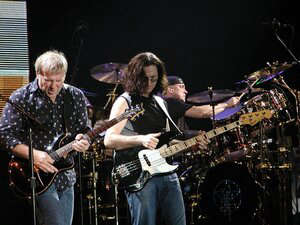 How Rush's "Tom Sawyer" Defined a Legend and Ignited a 50-Year Legacy
How Rush's "Tom Sawyer" Defined a Legend and Ignited a 50-Year Legacy
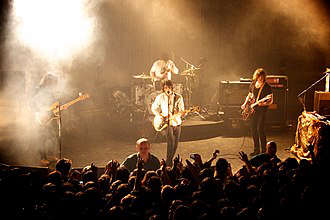 Arctic Monkeys Return with "Opening Night": A New Chapter for the Sheffield Icons
Arctic Monkeys Return with "Opening Night": A New Chapter for the Sheffield Icons
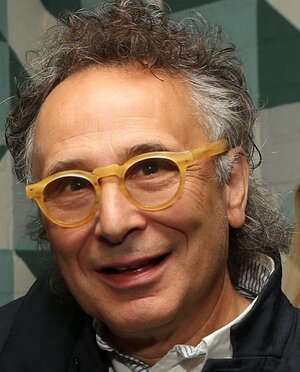 Muskoka’s Own Hitmaker: New Biography on Marc Jordan
Muskoka’s Own Hitmaker: New Biography on Marc Jordan
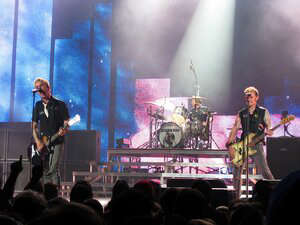 Hometown Legends Take the World Stage: Green Day Set for Santa Clara Homecoming
Hometown Legends Take the World Stage: Green Day Set for Santa Clara Homecoming






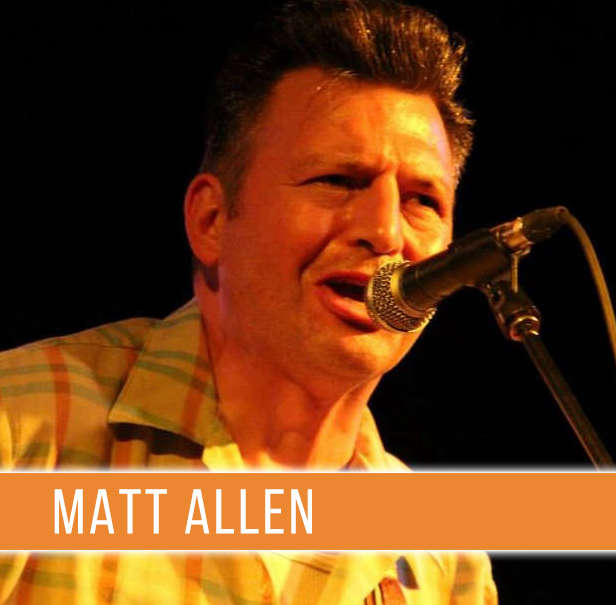

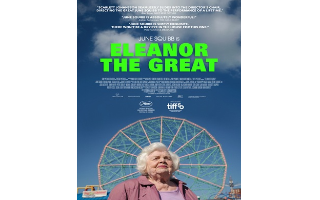
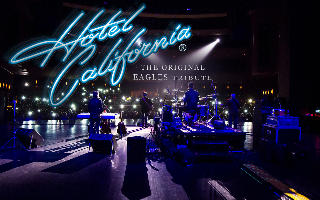
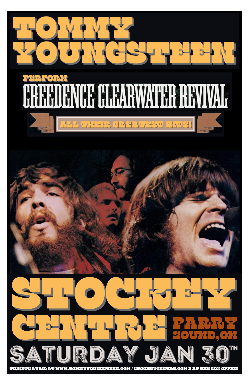
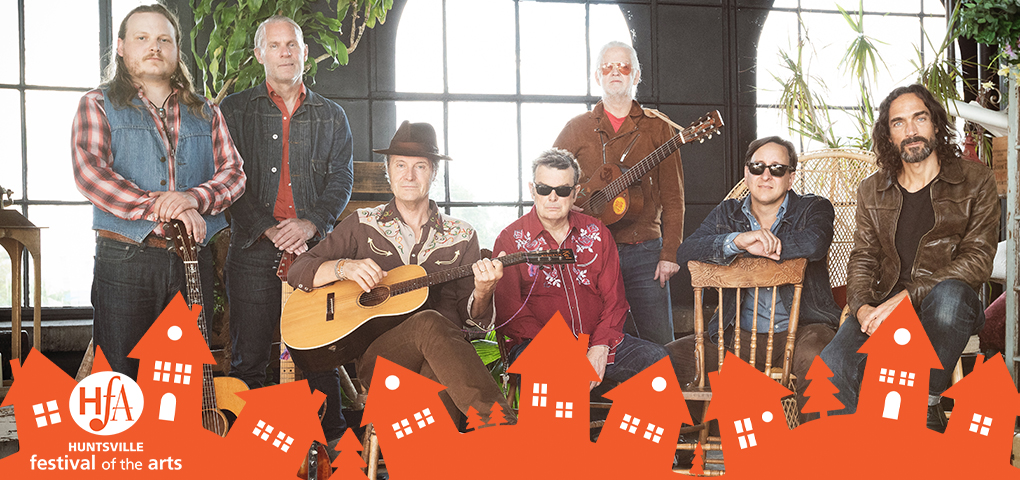

Comments
Add a comment